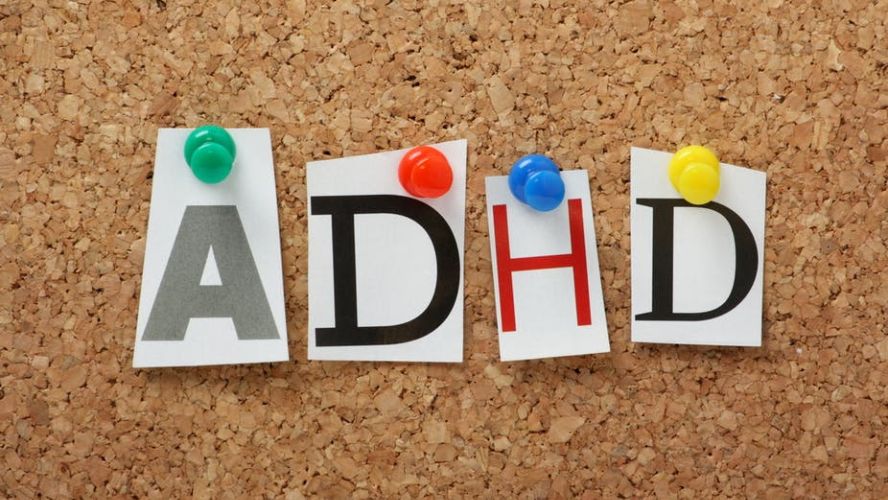
Pandemic causing havoc for kids with ADHD
Children facing attention deficit hyperactivity disorder (ADHD) generally fare better when they have a straightforward routine. Now, a new study implies that as the coronavirus pandemic turned family schedules upside down, kids’ symptoms often worsened.
ADHD in children and lockdown
The researchers examined 241 parents in China, found that the majority said their child’s ADHD symptoms had worsened during the lockdown, and the switch to online schooling.
Two-thirds reported enhanced angry outbursts, while 56% said their child’s ability to adhere to a daily routine had deteriorated. A similar percentage felt their kids were having difficulty staying focused.
The findings appeared as no surprise to Dr. Joseph Hagan, who was not involved in the study. He coauthored the current American Academy of Pediatrics guidelines on ADHD.
“We usually respond to situations with what we have,” Hagan said. “So, it’s no surprise that children with ADHD would respond [to lockdown] this way.”
For example, he explained that having a predictable schedule helps children with ADHD management. When the pandemic upended everyone’s routines – including pushing children into online learning—we lost that predictability.
Adding to it, Hagan said, kids with the disorder generally have anxiety or depression symptoms, which could have been worsened by the situation. He said, since ADHD tends to run in families, many children might be living with parents themselves having difficulties.
Researchers in Shanghai, China, and Yuanyuan Wang from De Montfort University in Leicester, England, conducted the study jointly, published in the June issue of the Asian Journal of Psychiatry. It comprised parents of children aged 6 to 15 with a diagnosis of ADHD. They responded to standard questionnaires on ADHD symptoms and rated their children’s and their feelings in recent days.
In general, worse mood states – among children and parents – are associated with exacerbated ADHD symptoms.
Again, Hagan stated, there is no astonishment there. Parents’ anxiety is known to influence their kids. And in the circumstances of this pandemic, he perceived, parents might be having a problem with home-schooling, particularly if they have ADHD, too.
Richard Gallagher, who is currently serving as a child psychologist and associate professor at NYU Langone Health in New York City, said, “Parents’ moods can also influence their perceptions of their children’s behavior.”
Pandemic has affected everyone’s routine.
Gallagher remarked that the whole family’s routine – from work to sleep to eating and getting exercise—has likely been disturbed by the pandemic. And it’s hard to know the extent to which the findings indicate those things. The study had no “control” group, Gallagher said, and it’s entirely possible parents of kids without ADHD would report behavior changes, too.
That said, children with ADHD could be assumed to face more hurdles than their peers, according to Gallagher. And in the broader scenario, he said, the study begins to get at a crucial question: As schools contemplate reopening, how might those choices affect children’s mental health?
For now, Gallagher advised parents to try to individualize their kids’ schedules. “You know your child,” he said. “You can try to adjust their routine out of school to fit your child.”
Gallagher said some parents tell their child with ADHD is doing satisfactorily at home than school—responding well to a “flexible routine that they have some say in.”
That’s not to say creative and flexible scheduling is a breeze, Gallagher pointed out. Parents are often trying to juggle their work – and device use – with their kids’, which in itself can be challenging, he said.
It all brings up another critical point, Hagan said: Parents need to take care of themselves, including some downtime during the day and to get enough sleep.
Hagan noted, “You don’t have to home-school all day.”
The researchers did not examine whether kids’ symptoms relate to medication—either using or not using it during the lockdown.
When to talk to a pediatrician?
Hagan said that when he discusses with parents, many states that their kids are still taking their ADHD medication – but a “significant” number is not. He urged parents to speak to their pediatrician about that or any other concerns they have.
“We’re open, and we’re here for you,” Hagan said.
